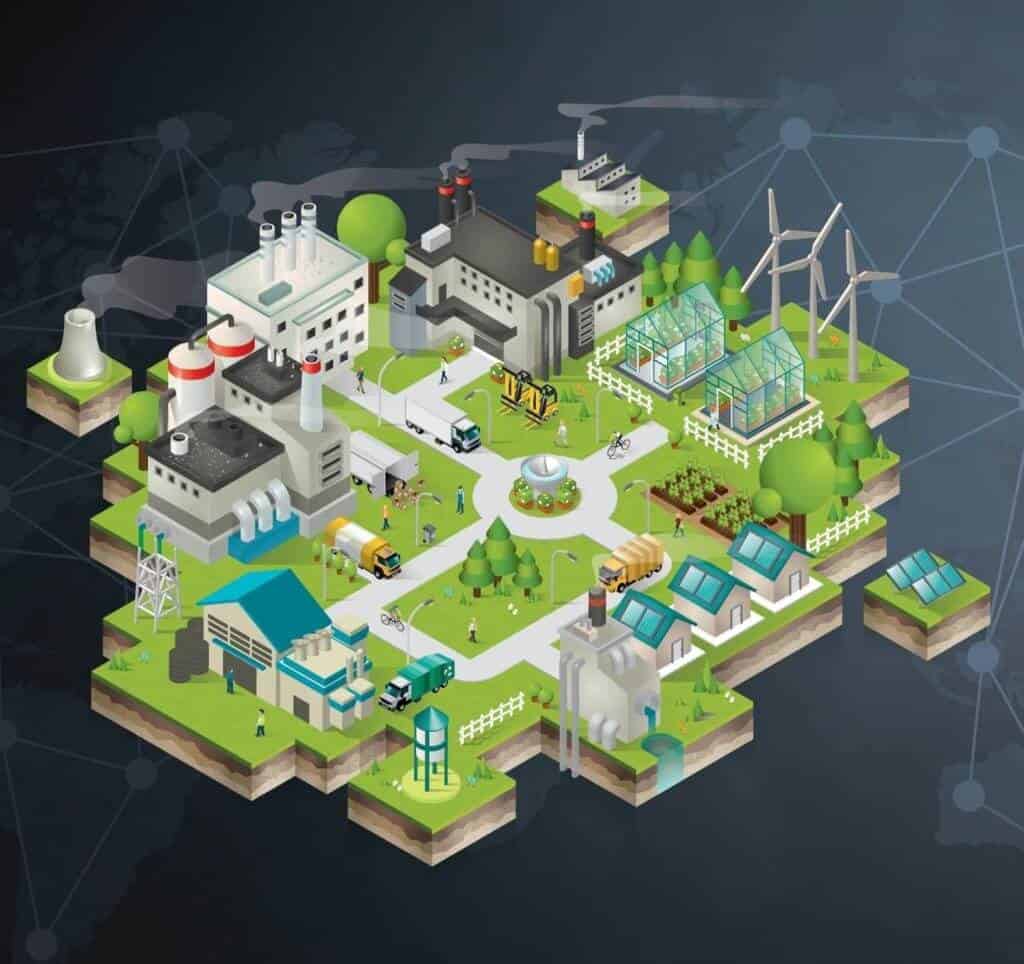Explore DEISO Services for LCA
LCA Services for Project Excustion
The DEISO FoodMetals Life Cycle Inventory (LCI) Database is a valuable resource that provides access to comprehensive data on the environmental impacts of food and metal production processes.
DEISO MetalsFood LCI Database
Get access to the DEISO FoodMetals Life Cycle Inventory (LCI) Database. Accessing the DEISO FoodMetals LCI Database can be extremely useful for individuals or businesses who are interested in conducting research related to food and metal products.
DEISO LCA One
“DEISO LCA” one is a subscription-based service. An All-In-One Service that includes exciting LCA project(s), LCA training, LCA data estimation, LCA data collection support, cloud-based LCA results data visualization, consultation, and DEISO LCA is a subscription-based service that offers a range of LCA-related services including LCA project(s), LCA training, LCA data estimation, LCA data collection support, cloud-based LCA results data visualization, consultation, and more.
DEISO LCA Training Services
DEISO training services cover all topics and software related to LCA including SimaPro, LCA for Experts (GaBi), openLCA, MMiLCA, WRATE for LCAS for waste management, ecoinvent training, and much more
LCA Per Hour Consultation
Obtain expert LCA consultation for LCA/EPD projects, LCA data, and LCA software, including GaBi, openLCA, and SimaPro, as well as LCA data consultation and more. Get expert consultation for a per-hour rate.
Environmental Product Declaration (EPD) Projects
DEISO executes EPD studies, which involves gathering data, analyzing the environmental impact, and preparing the EPD document and EPD report preparation
Life Cycle Inventory (LCI) Data Estimation
DEISO estimates Life Cycle Inventory (LCI) data, empowering businesses with reliable insights for sustainable decision-making. DEISO offers hard-to-get data on municipal solid waste management and other industries.
Featured LCA & EPD Training Programs/Courses
- Training for Life Cycle Assessment (LCA) Methodology
- openLCA Training Programs/Courses
- LCA for Experts (formerly GaBi software) LCA Training Programs/Courses
- SimaPro LCA Training Programs/Courses
- Advanced Special Life Cycle Assessment Training Programs
- Special Life Cycle Assessment Training Program: Manual Calculation Approach
- MiLCA LCA Professional Training Program/Course
- ecoinvent Database Training Programs/Courses
- Environmental Product Declaration (EPD) Training for the EPD Method and for Excuting EPDs with LCA Software
Discover the Benefits and Advantages of LCA
Got a project?
Let’s talk.
Embark on your LCA journey with DEISO! Contact us to initiate your next Life Cycle Assessment (LCA) Project. Let sustainability drive your success.




